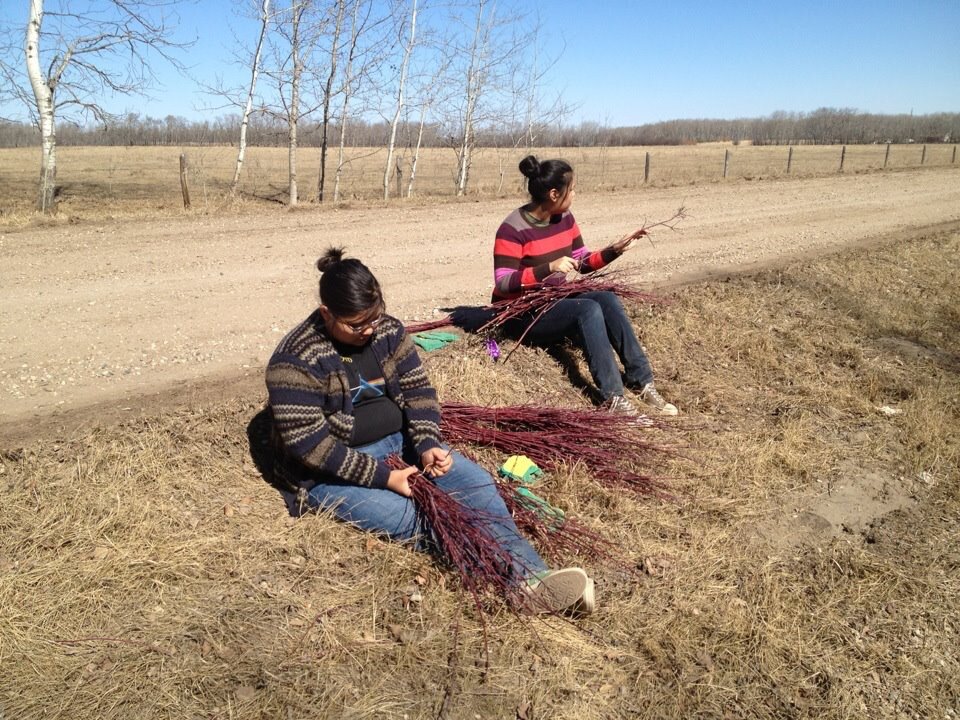On today’s podcast Jessica catches up with Heritage Voices Episode 8 guest Anna Cordova, Lead Archaeologist for the city of Colorado Springs (although, to be clear, she is not representing the city with this interview). Anna is also Chairman on the Board of Trustees of the non-profit Jessica co-founded, Living Heritage Research Council. First, we talk about what Anna has been up to since her episode, including her role on the award winning Palmer trash discovery archaeology project at Garden of the Gods. Then we move into Land Acknowledgements. What are they, how can they be improved, and how important are they? We close out by talking about various ways you can make a positive impact with Indigenous communities regardless of whether you do a land acknowledgement, including donating, board or volunteer service, buying from tribal enterprises, visiting and financially supporting tribal parks, museums, and community centers, etc.
Links
Palmer Trash Discovery, Colorado State Archaeologist’s Award
2020 ACRA Public Industry Award Video (Garden of the Gods mitigation starts at 5:35)
Scroll down to sign up for Living Heritage Research Council’s newsletter
Kroger Community Rewards (Colorado residents sign up here with your City Market or King Soopers card and let LHRC know to possibly be selected for 1 LHRC Osprey backpack)
Individual and recurring donations to Living Heritage Research Council (with possibilities of receiving 1 of 3 LHRC Osprey backpacks)
National Association of Tribal Historic Preservation Officers (NATHPO) Donation Page
Contact
ArchPodNet
APN Website: https://www.archpodnet.com
APN on Facebook: https://www.facebook.com/archpodnet
APN on Twitter: https://www.twitter.com/archpodnet
APN on Instagram: https://www.instagram.com/archpodnet




